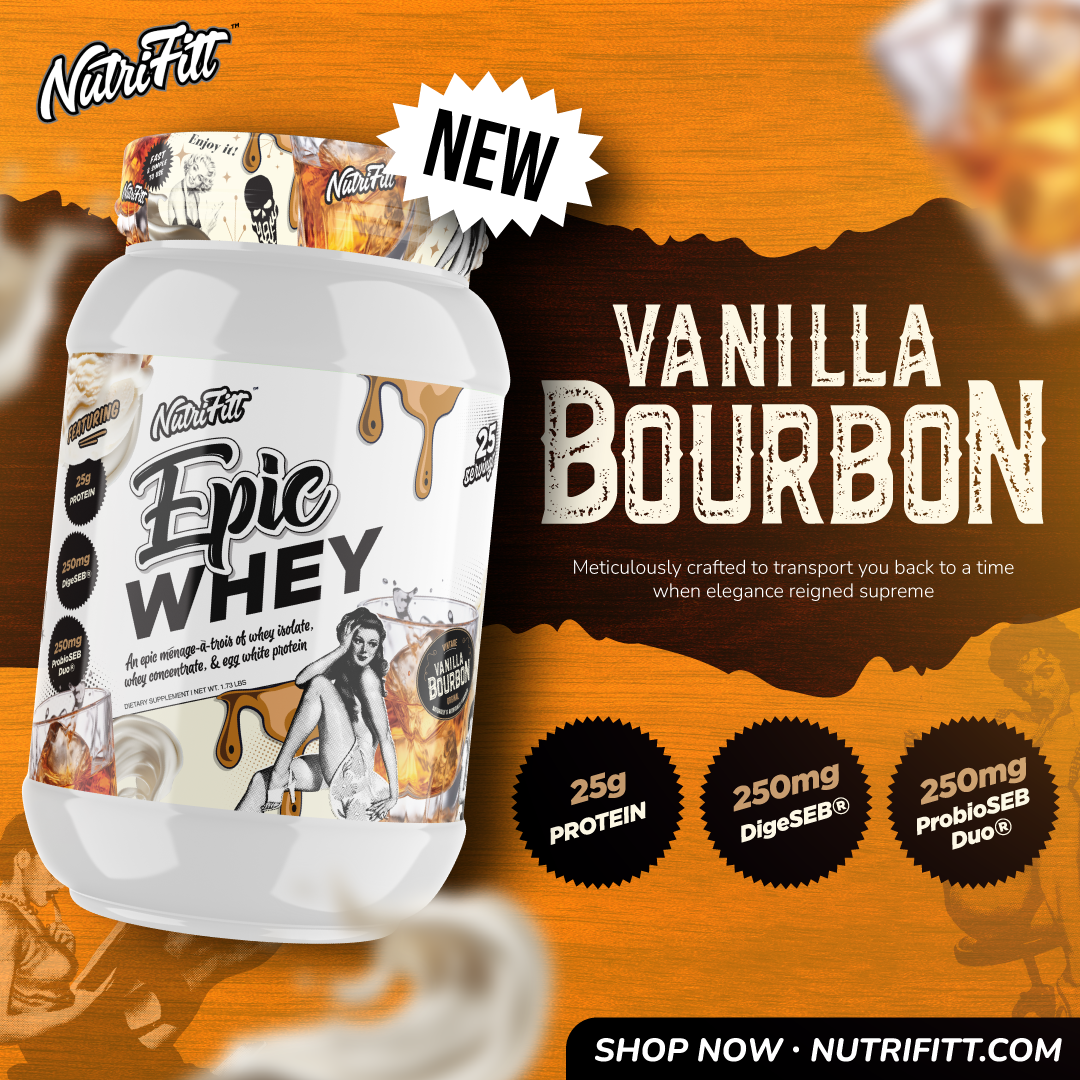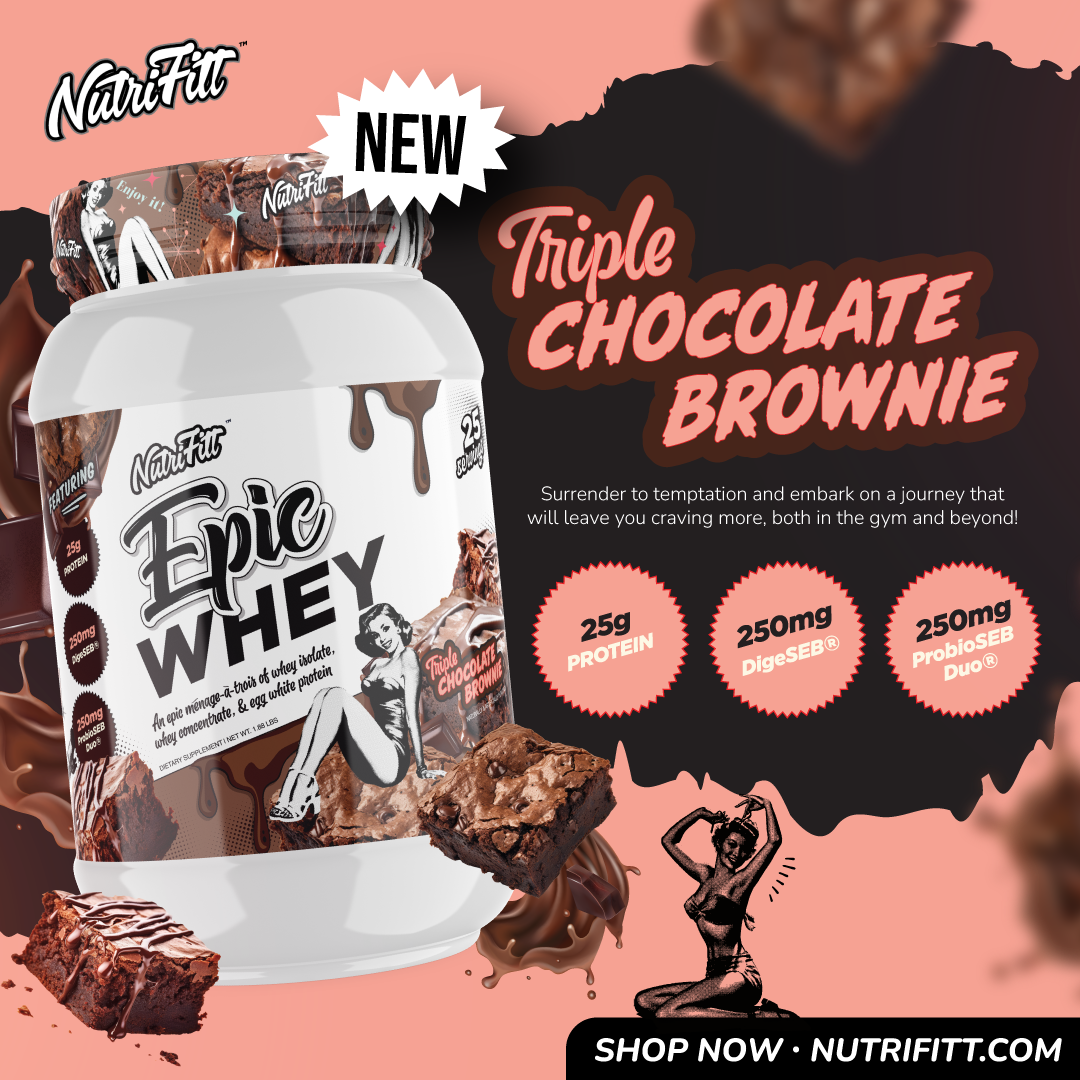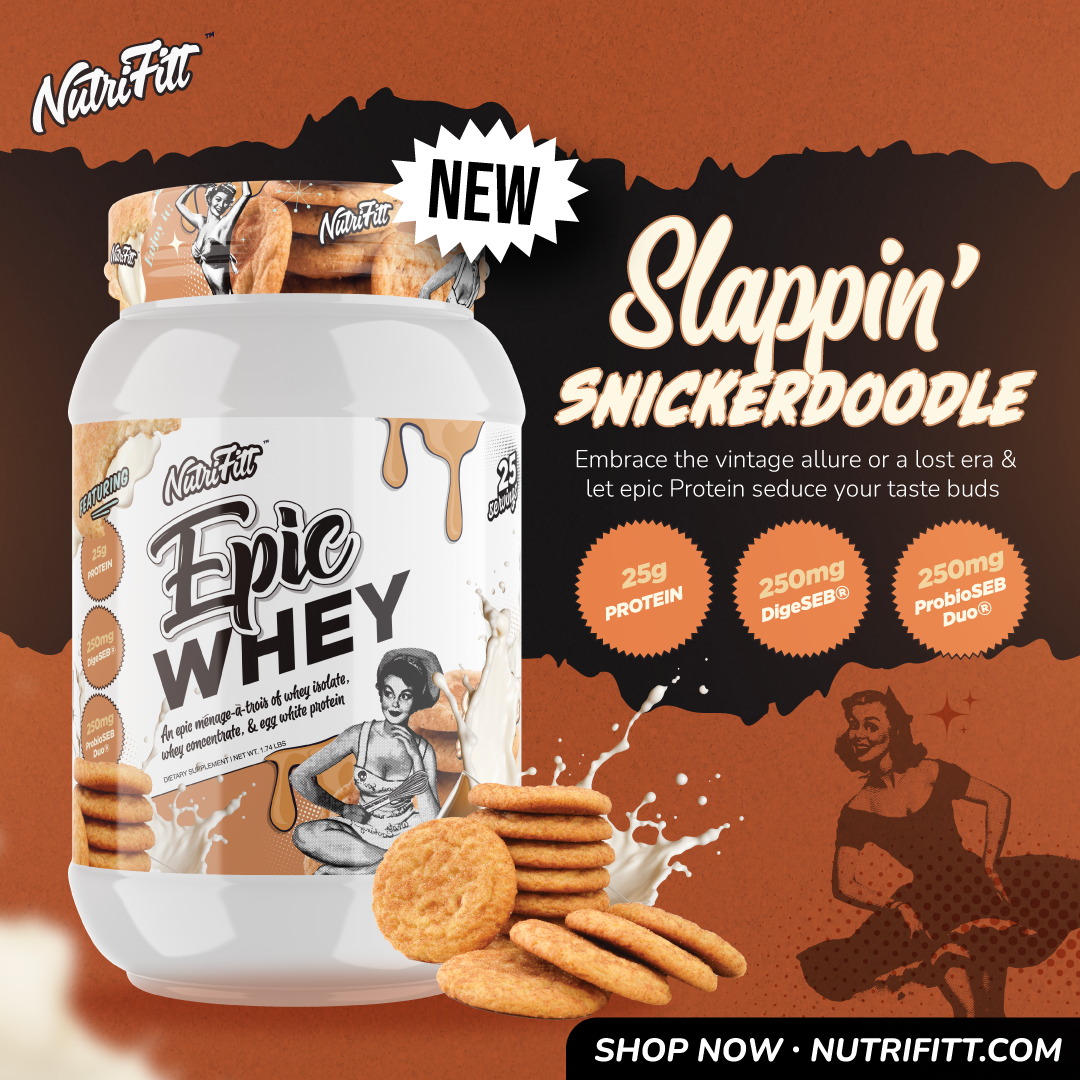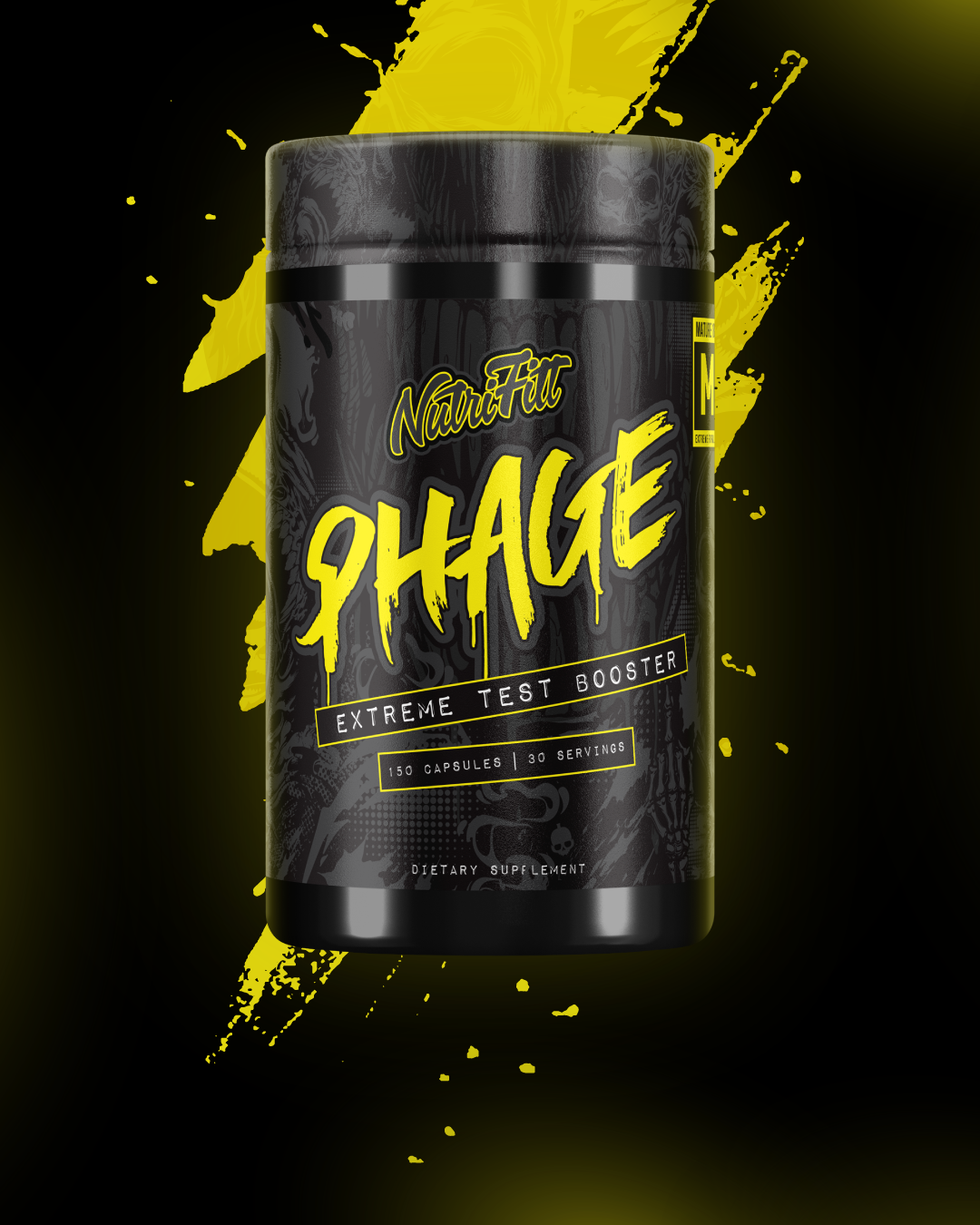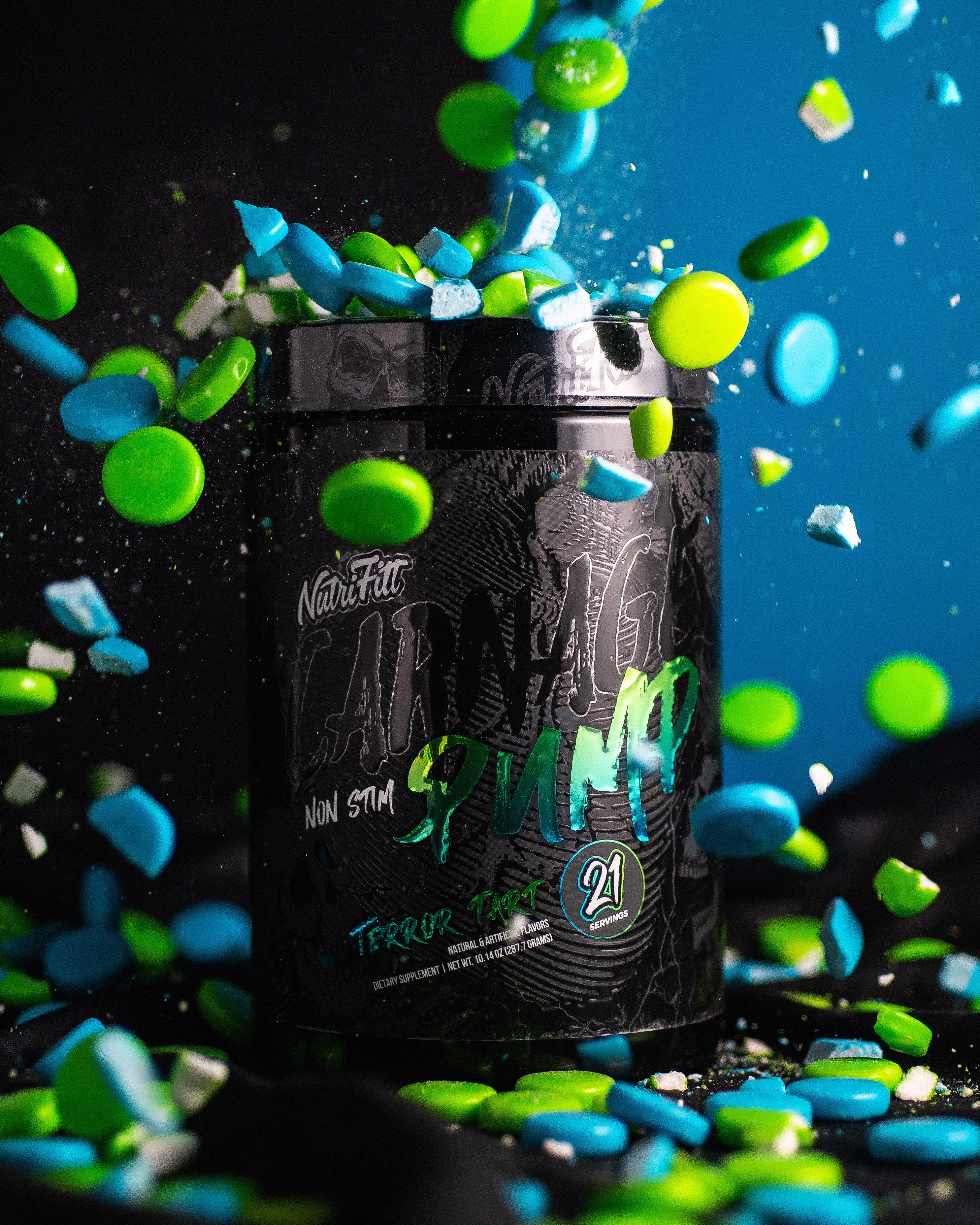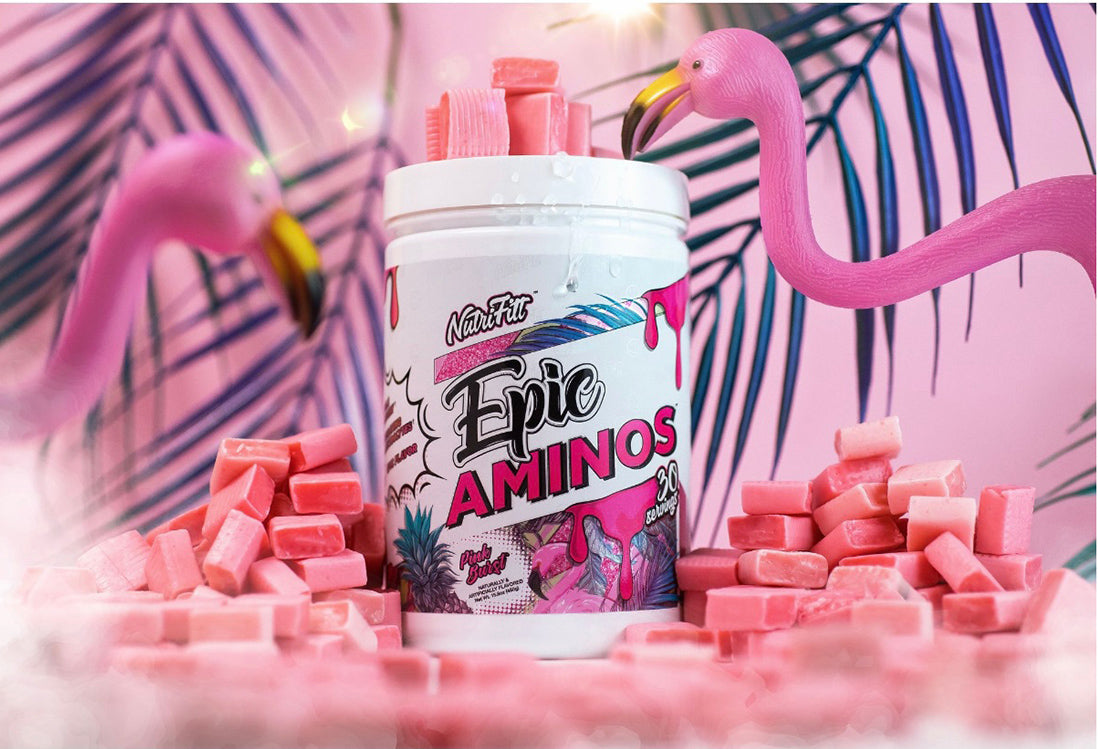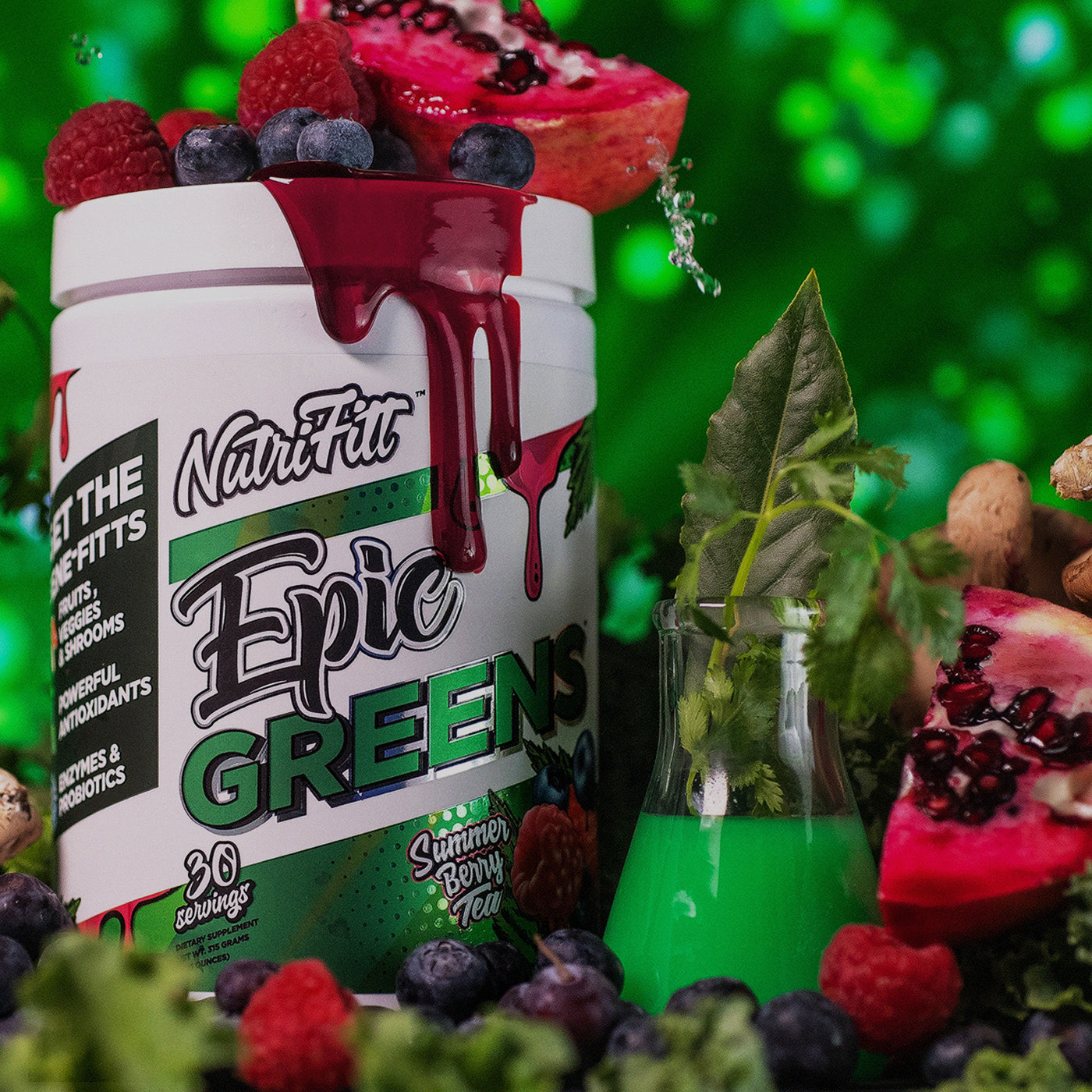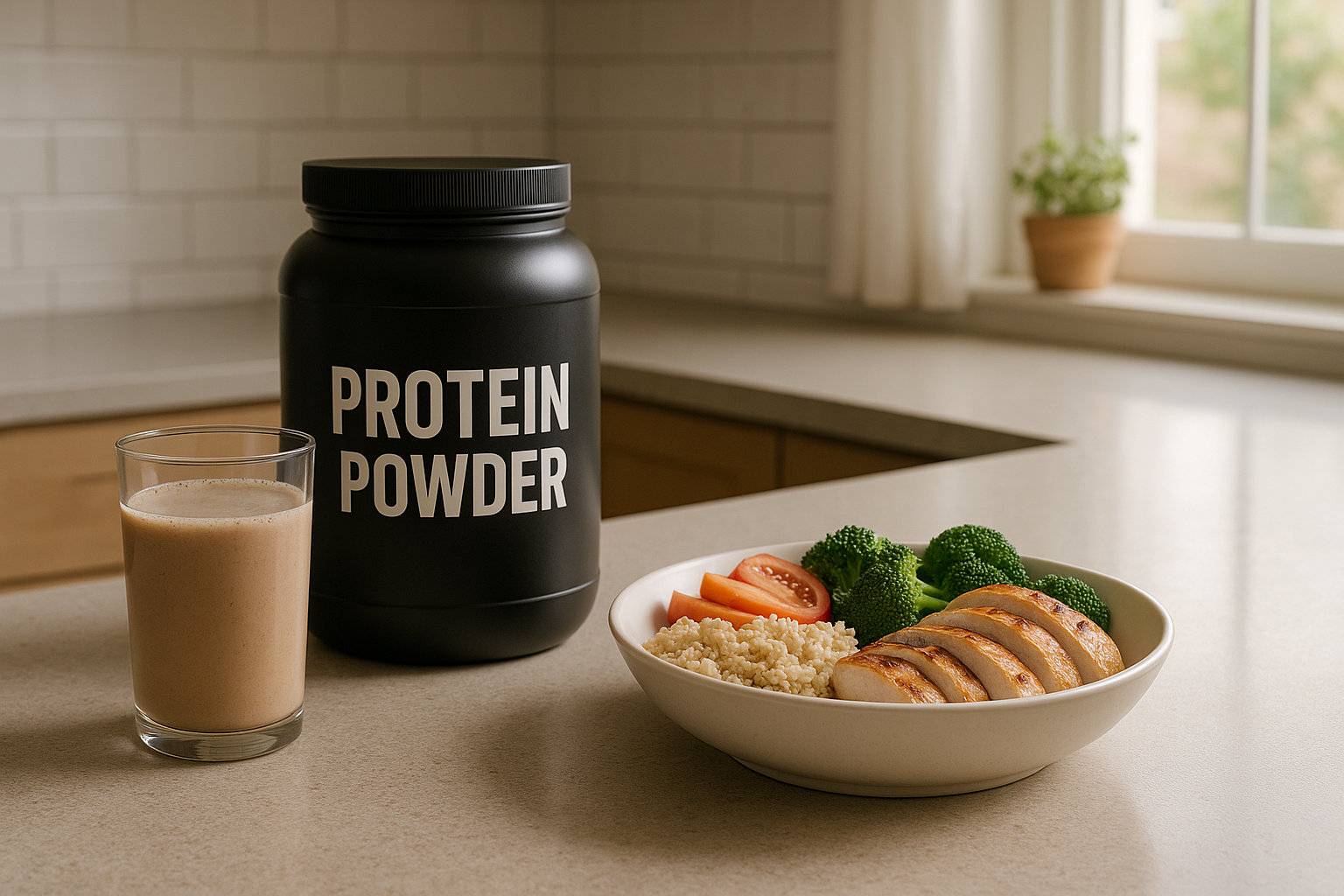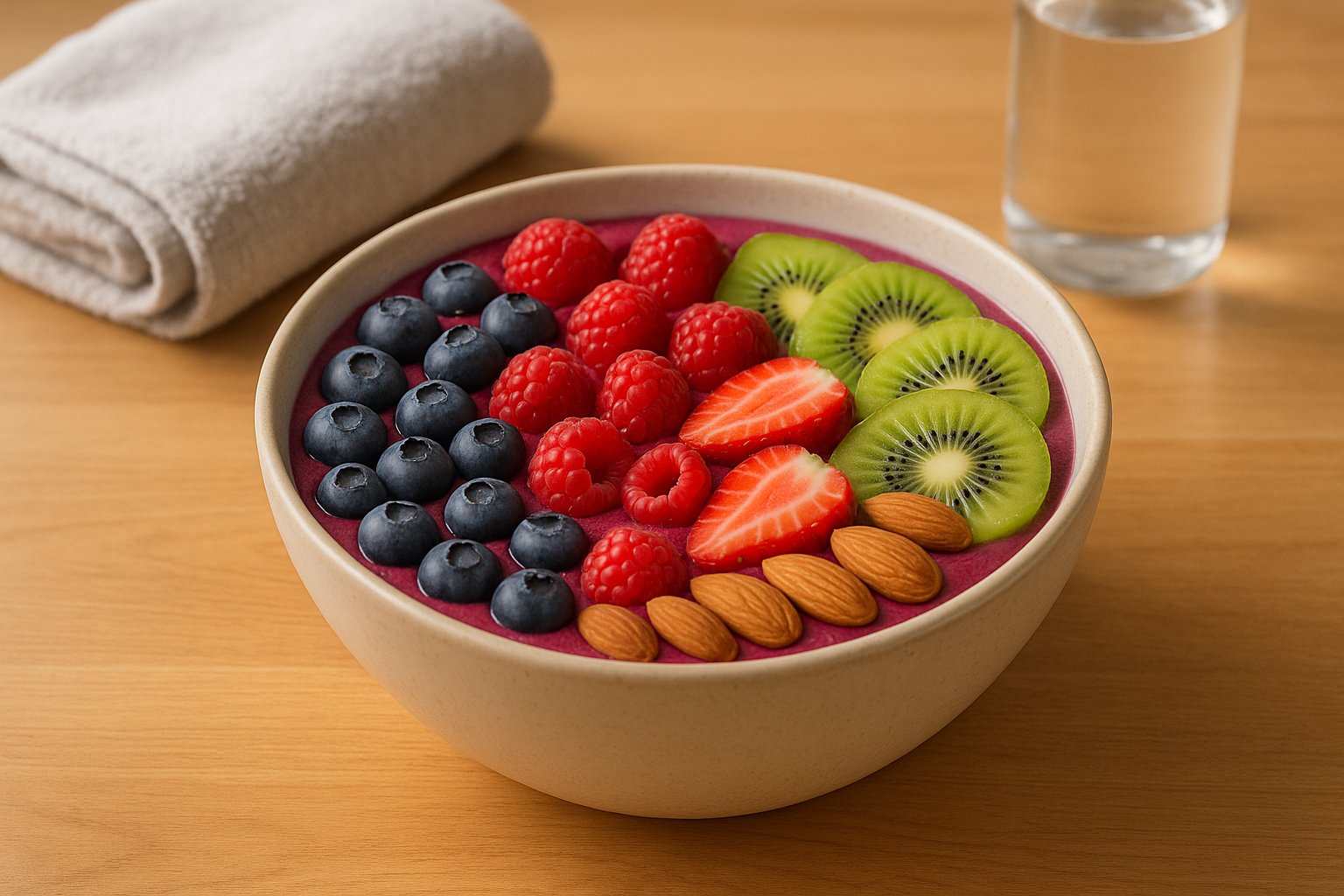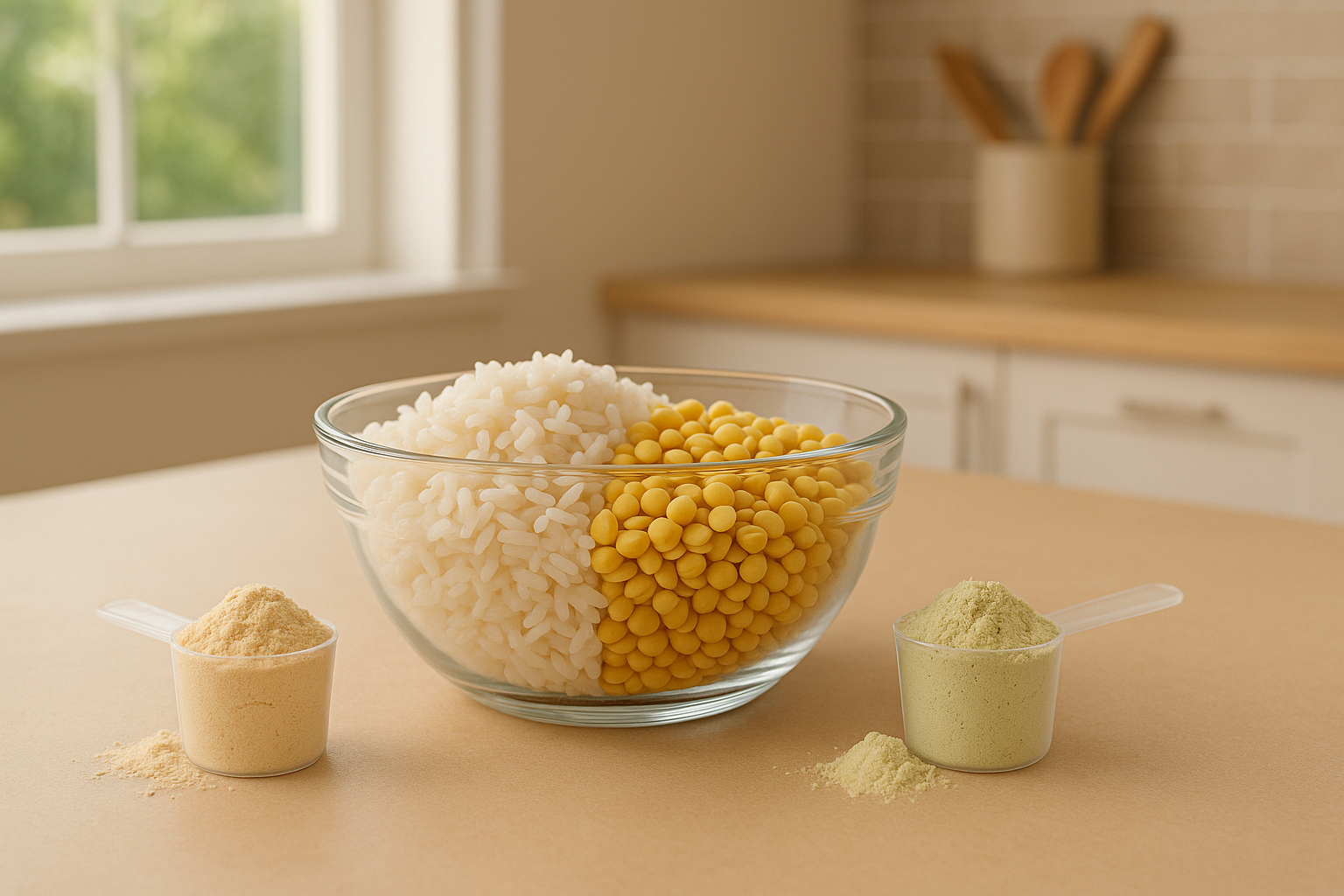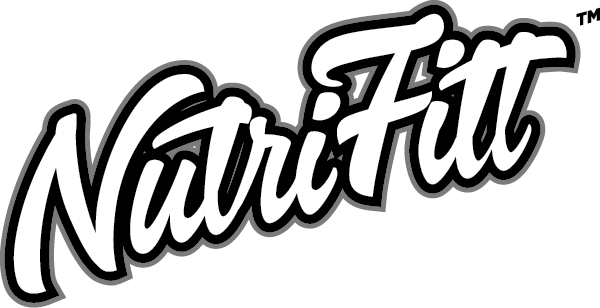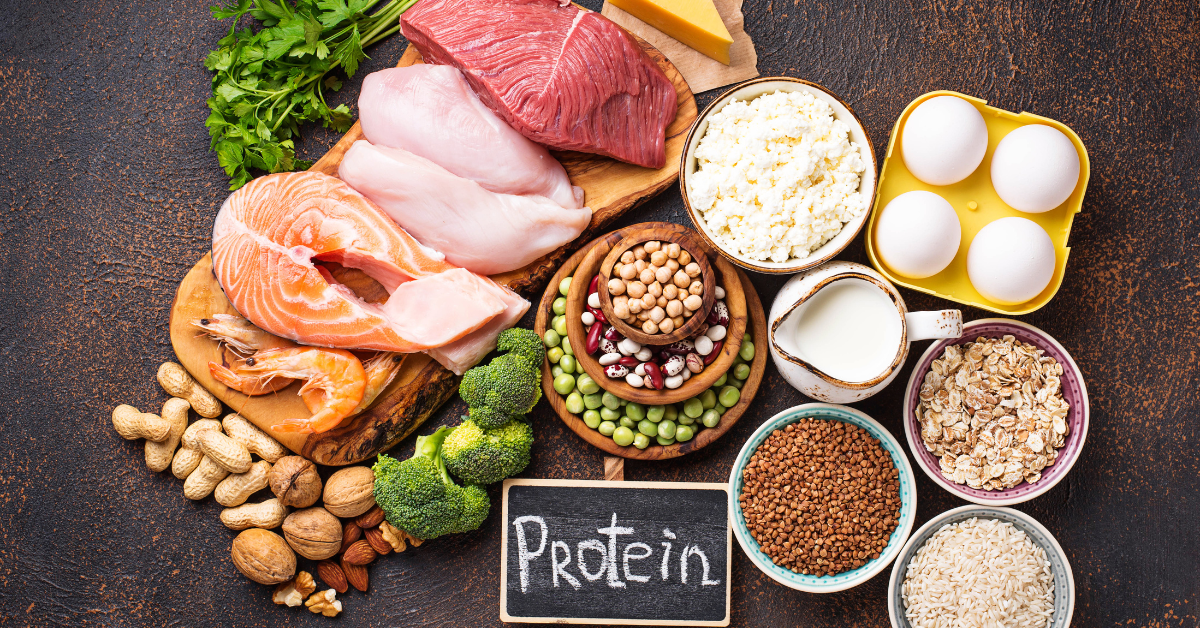
What Are the Best Protein Sources? Exploring Nutrient-Rich Options
Protein is a fundamental building block for muscle growth, tissue repair, and vital functions in the body. It's an essential nutrient for anyone, whether you're a fitness enthusiast, a busy professional, or simply focused on wellness.
This blog will introduce diverse protein sources with essential amino acids and additional health benefits, as well as cover how to enhance your protein intake.
The Power of Protein: Why It's Essential for Your Health
Protein is the quintessential macronutrient, central to nearly every cell function in the body. It is vital for muscle growth and repair, hormone and enzyme production, and its amino acids serve as foundational building blocks.
Inadequate intake can lead to muscle loss, slower recovery, and a weakened immune system. Ensuring sufficient protein is crucial for overall well-being.
Nuts and Seeds: A Protein-Rich Snack
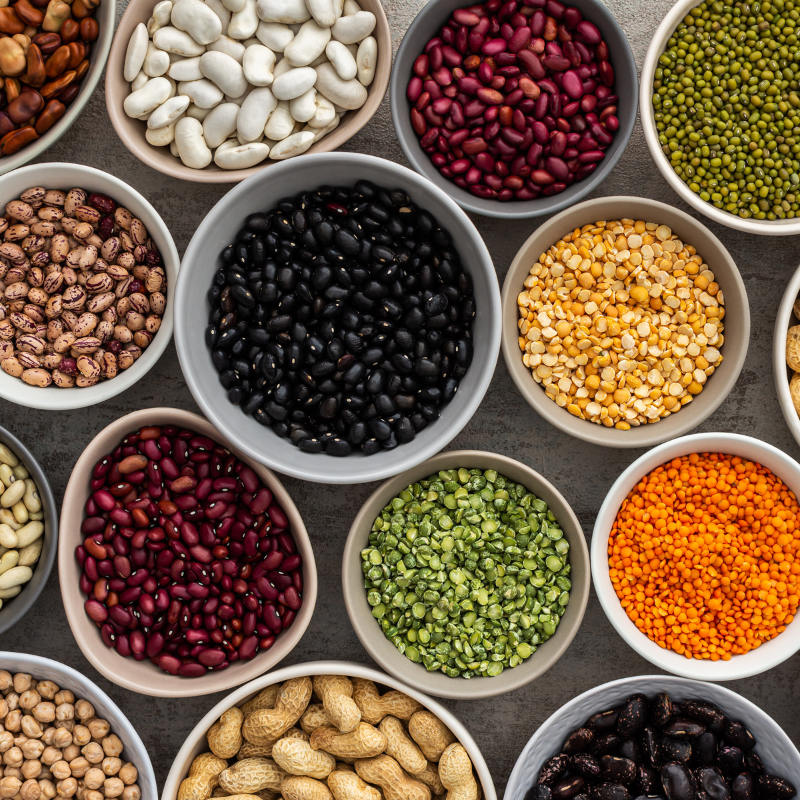
Nuts and seeds are a convenient protein powerhouse, packed with high protein content and essential nutrients like healthy fats, fiber, vitamins, and minerals. Their versatility makes them an ideal on-the-go snack or a nutritious addition to meals, helping you meet your protein and nutrient requirements.
Quinoa: The Complete Protein Grain
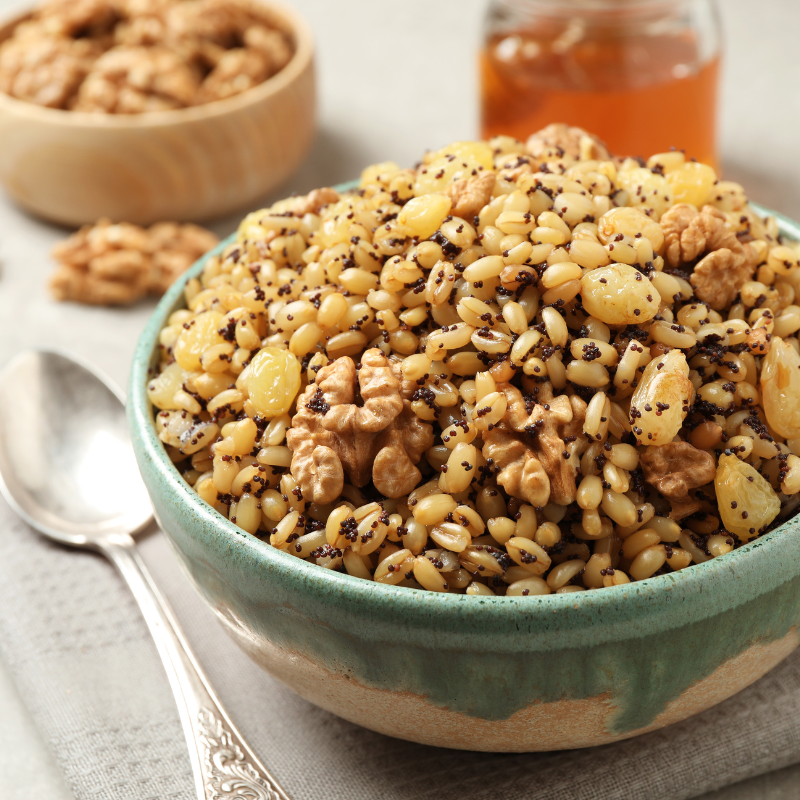
Quinoa is a standout grain, uniquely offering all nine essential amino acids as a complete protein. With 8 grams of protein per cooked cup, it's also rich in fiber, magnesium, and iron. This versatile grain can enhance salads, serve as a side dish, or be a base for breakfast bowls—a perfect choice for those seeking a protein-rich, plant-based option.
Lean Meats: Chicken and Turkey for Muscle Building
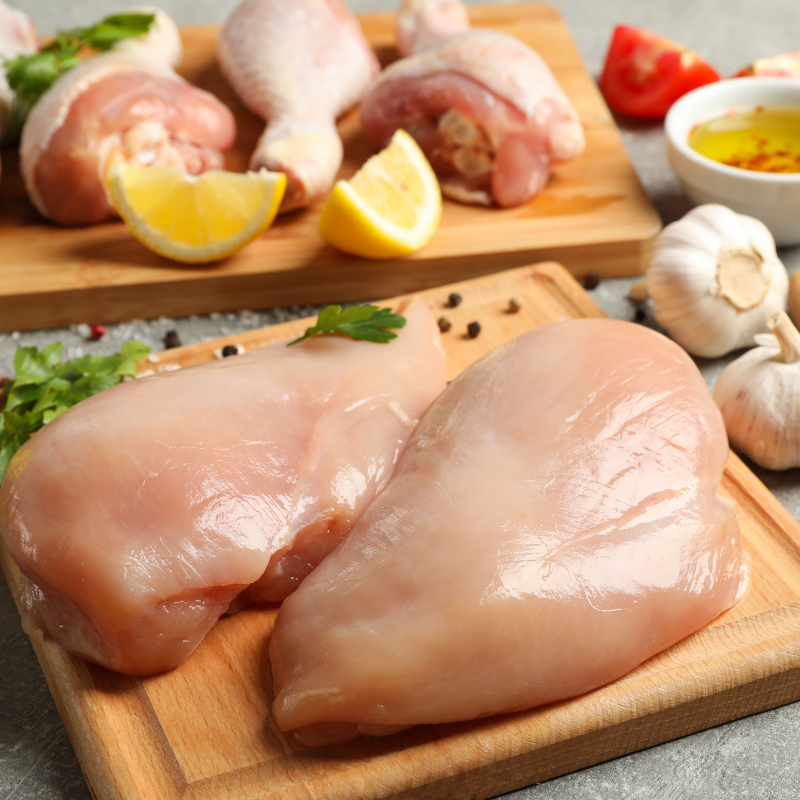
For those focused on animal sources of lean protein, chicken and turkey are superb high-protein foods. A skinless chicken breast boasts around 26 grams of high-quality lean protein, a favorite in high-protein diets. Turkey is another great source, with each serving offering a significant portion of the recommended daily protein intake in each serving.
These lean meats are complete proteins, rich in essential amino acids for muscle building and repair, while being low in saturated fat, promoting a healthy diet.
Dairy Products: Protein-Packed Cottage Cheese, Milk, and Greek Yogurt
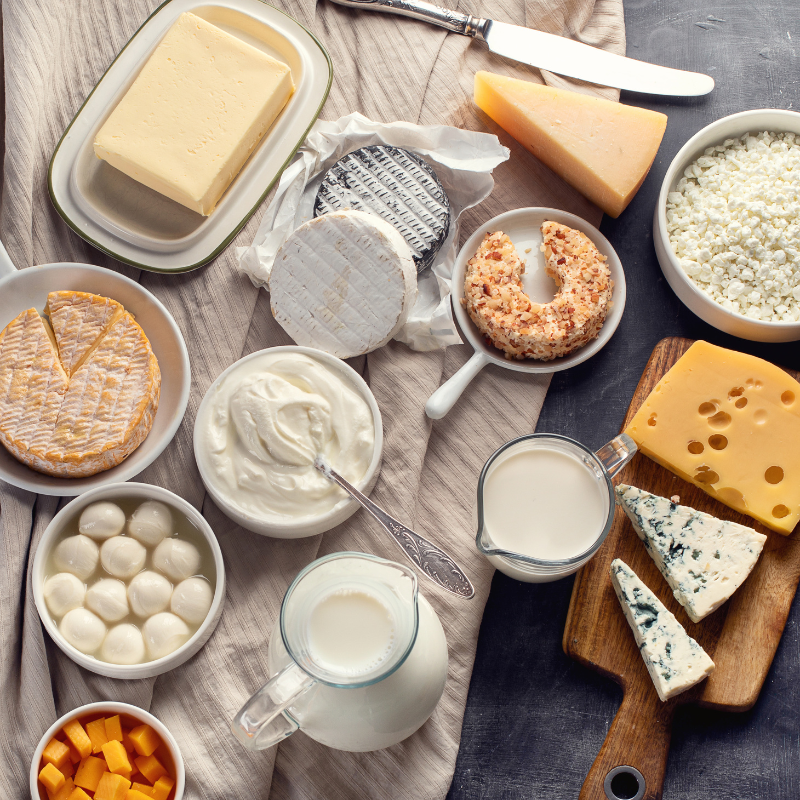
Dairy products, known for their high protein content, make a tasty addition to a balanced diet. Cottage cheese stands out with around 28 grams of protein per cup, while milk and Greek yogurt are also protein-rich, with plain Greek yogurt offering about 20 grams of protein per cup. These dairy options provide a mix of fast-digesting whey protein and slow-digesting casein, promoting muscle repair and growth. They are also rich in essential nutrients like calcium for bone health.
Fish: Salmon and Tuna for Omega-3 Fatty Acids and Protein
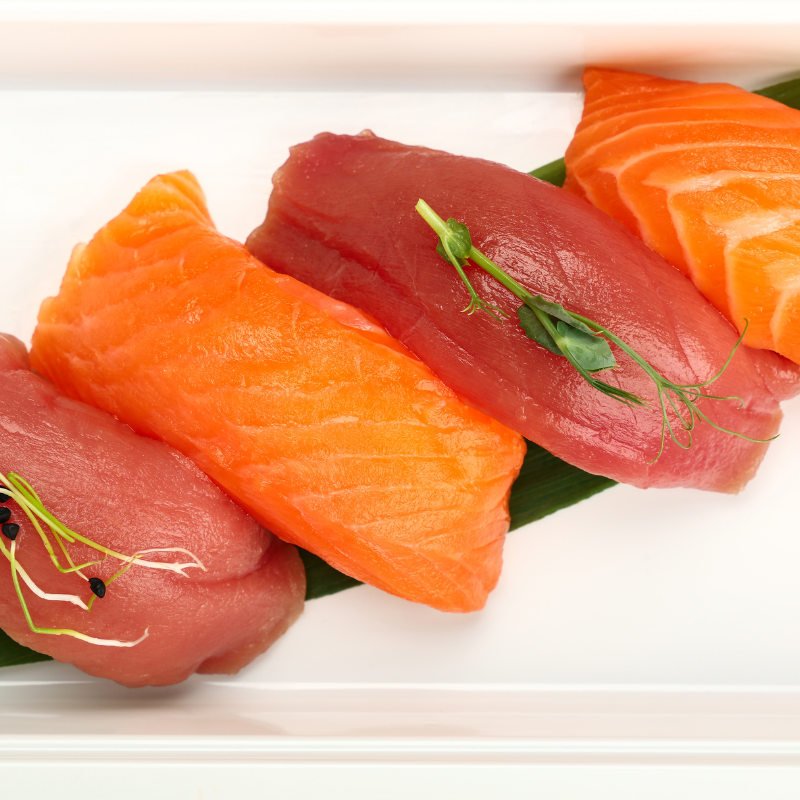
Fish, such as salmon and tuna, are excellent sources of protein and provide the added benefit of omega-3 fatty acids, which are key nutrients for heart health. A single serving of salmon can offer approximately 22 grams of protein along with a healthy dose of omega-3s. Tuna, too, is a protein powerhouse, with a single can providing around 25 grams of high-quality protein. These fatty fish are versatile and delicious, and they contribute to a diet that supports muscle growth and overall health.
Plant-Based Protein Sources: Beans, Peas, and Lentils
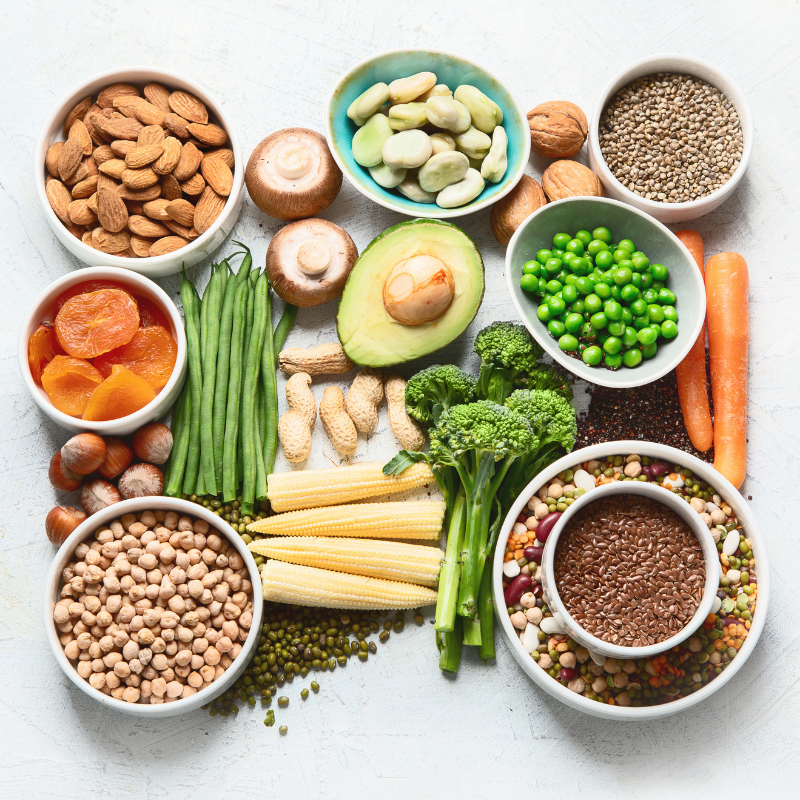
Beans, peas, and lentils are powerhouse plant-based protein sources, brimming with protein, fiber, and vital nutrients for a healthy diet. With about 18 grams of protein in a cup of cooked lentils and 15 grams in black beans, these protein-rich foods keep you full, offering weight management benefits. They're also rich in iron and B vitamins. Add them to your meals for a delicious high-protein diet. Try a hearty lentil stew, a vibrant black bean salad, or a smooth pea soup to boost your protein intake!
Protein Supplements and Shakes: An Alternative Option
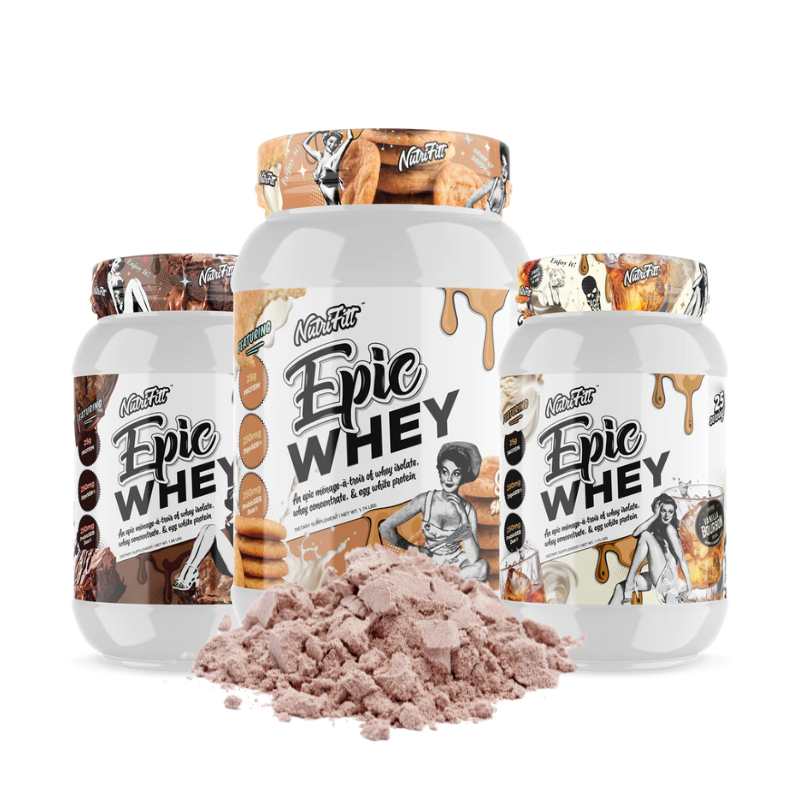
If you're aiming to up your dietary protein, our new EPIC WHEY protein blend offers a convenient solution, especially when time is tight or after a workout.
At Nutrifitt, we set out to craft a premium mix of whey protein isolate, whey protein concentrate, and instantized egg white protein.
Our Epic Whey is designed for rapid absorption to swiftly nourish your muscles. It's also packed with digestive enzymes and probiotics for superior digestion and nutrient uptake.
With flavors like Triple Chocolate Brownie and Vanilla Bourbon, Slappin' Snickerdoodle, and Chocolate Peanut Butter, our protein shakes are a tasty way to support your muscle-building goals and maintain muscle mass as part of a well-rounded diet.
Protein FAQ
How much protein should I consume daily?
The Recommended Dietary Allowance for protein is 0.8 grams per kilogram of body weight, or roughly 0.36 grams per pound, meaning a 165-pound adult needs about 60 grams of protein daily. This can vary with age, sex, health, and activity level. Adults over 50 should aim for 1 gram per kilogram to preserve muscle, while active individuals or those building muscle may require more. Always consult a healthcare professional to tailor your protein intake to your specific needs.
Can I get enough protein from a plant-based diet?
Of course! Incorporating diverse plant-based proteins like beans, nuts, seeds, and quinoa may provide all the essential amino acids for your body. A thoughtfully curated plant-based menu is rich in plant protein, which can fully support your health and fitness objectives. Plus, plant proteins bring the added benefits of fiber and antioxidants, bolstering overall health.

